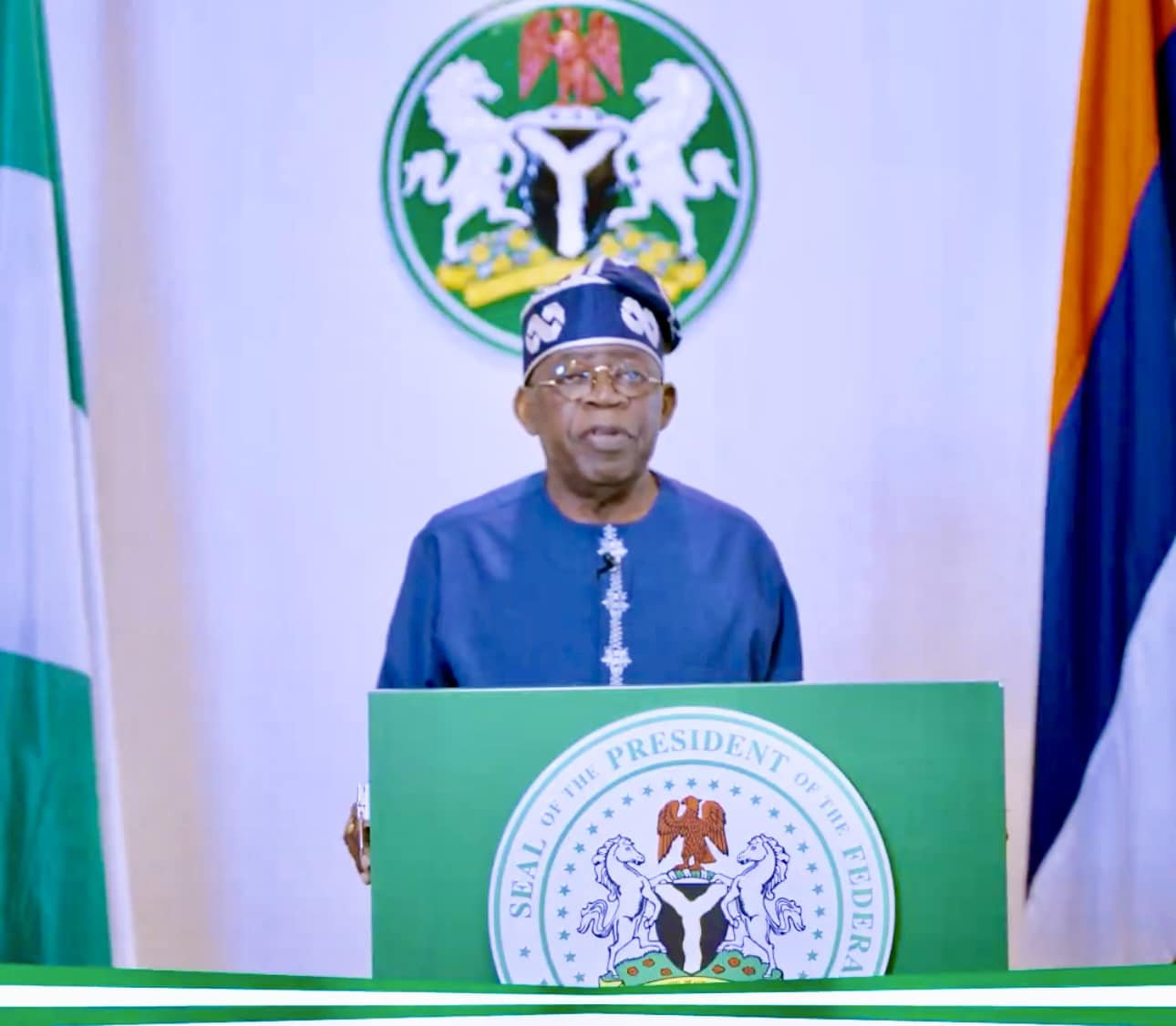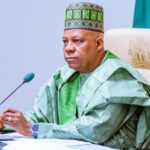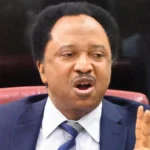The ongoing economic reforms by the Nigerian government offer a unique opportunity to reset the economy and set it in a forward-looking mode. In other words, Nigeria cannot afford to reform backwards. And to ensure that, the reforms must be premised on a deconstruction of the economy as it is now, to make it relevant to the needs of Nigerians.
Nigeria’s economic progress has been stunted by inherent structural defects. The current reform programme should, therefore, aim to uproot the obstructions. They are evident in the power structure, market capture, and a confused sense of the government-business relationship that characterises our political economy.
While the government can and should encourage the emergence of big players in the economy, such a relationship must not be exploited by the business class to hijack sectors or even the entire economy.
So, if the ongoing reforms by the Nigerian government are to move the economy forward, there ought to be broad agreements on the objectives that should be achieved. Part of the objectives should include a decision on who should be the beneficiaries of the reforms. That would also determine the kind of economy we envisage to emerge at the end of the process. If the objective is to institute an economy where the average Nigerian will be well-off, it will show in the types of institutions that the process will give birth to.
Also, if the objective is to establish an economy dominated by a few powerful operators, who would later become dispensers of economic benefits to a weakened populace, it will manifest in the form of the economic structures that are allowed to emerge at the end of the process.
If the government, as the midwife to the reforms, wants to establish a system that operates by the rules to ensure an inclusive system of production and distribution of benefits, that is also within its powers to accomplish. The time to ensure this is now, while the process is in the works. Now is the time to lay the foundations for the economy of Nigeria that Nigerians hope will usher them into a system that accommodates them.
We cannot claim to be reforming while some power blocs or centres are angling to capture the economy by subtlety. The defects in the Nigerian economy that keep it from moving forward are the targets of the ongoing reforms things that must be done away with. The test of the reforms will not come now when everything is still in motion. The test will come rather later, when the euphoria would have evaporated and we are left with the reality of whatever would have been instituted.
They will come when the actions and policies have been put in place and begin to yield results, whether positive or negative. Reforms are by their nature long-term exercises. So the tests will come when the impacts of what passes now as policy begins to work their way through the economy.
The designers of the programme should institute fundamental structural changes to the economy. This should include the nature of the economic structure we want to run. Nigeria must not return to the old days of inefficient monopolies, whether private or public that existed more in name than in being productive agents.
The inefficiencies in the economy are the causes of our stunted economic performance, which has kept the Nigerian people from joining the league of rich nations. Nigeria has always been proclaimed as a country of potential, yet the conversion of that potential has remained a moving point. The nation’s potential should be for the entire citizenry, not a few. So, if the current reform exercise is designed to overcome that jinx, let it then be done to make all Nigerians beneficiaries of the process. Let there be no middlemen who will hijack the economy and then turn around to become good men by giving us some crumbs or leftovers.
In other words, Nigeria cannot afford to fail in the attainment of the objectives of the reforms. Part of the objectives is to restructure the economy which is why we cannot allow any interest groups, parties or associations to derail the process. Nigerians and their interests must be at the centre of the proposed changes in what is going on now.
The reforms are already costing the citizens quite a lot. Our people have been called upon to make sacrifices in the form of forgone or postponed consumption. The government should acknowledge the fact that this cost is real: many people are no longer at the same level as they were before the reforms. Meals have shrunk; wages and salaries have dwindled in nominal terms. And in real terms, earnings have become much less valuable. These sacrifices are being made willingly, but when people endure such costs, they look forward to being compensated when the reforms begin to bear fruits.
For the ordinary people who are being made to postpone some basic things now, the time must come when they can have a taste of the benefits of reforms before they die. Those benefits must come in the short term.

 Join Daily Trust WhatsApp Community For Quick Access To News and Happenings Around You.
Join Daily Trust WhatsApp Community For Quick Access To News and Happenings Around You.


